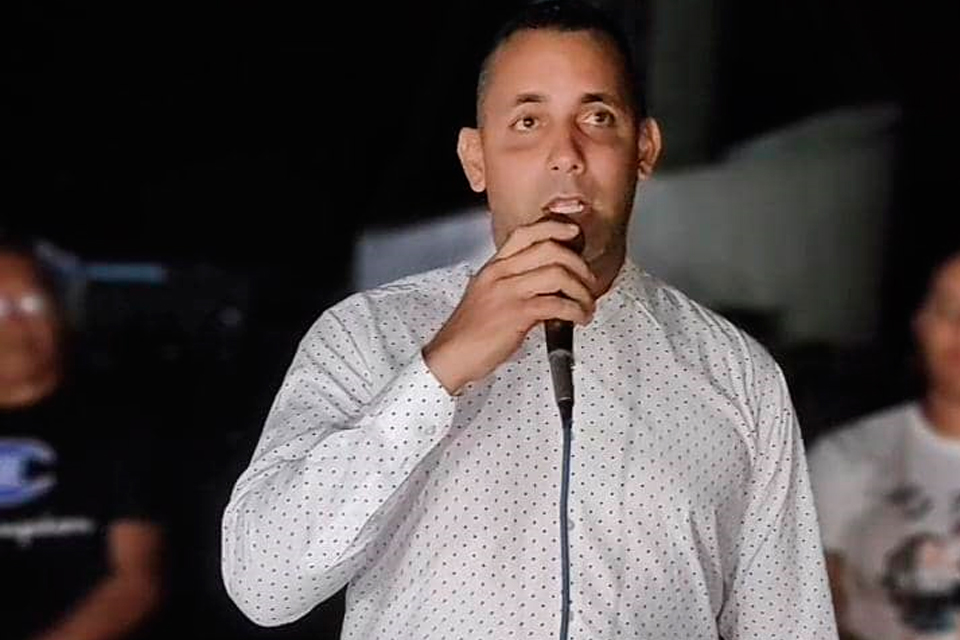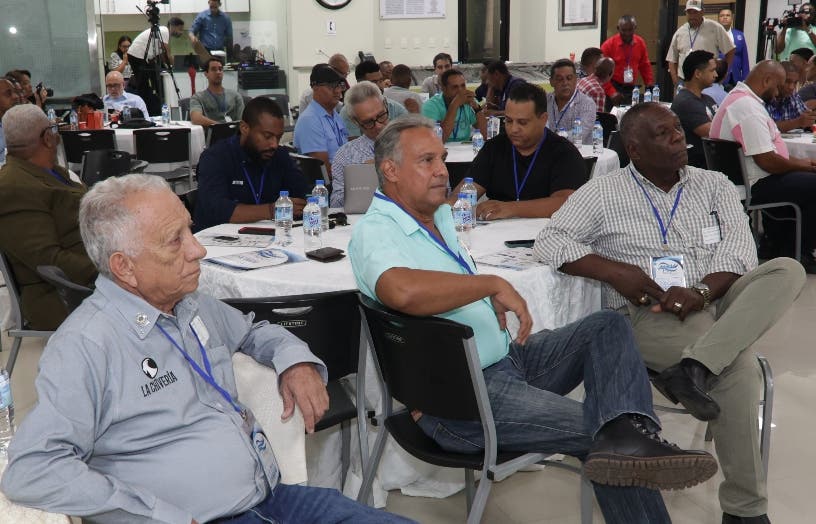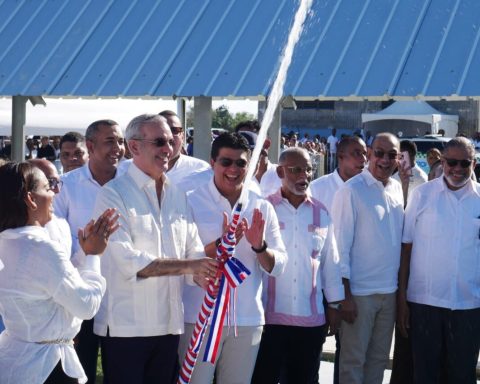In a recent interview published by the newspaper El Observador, conducted on Tuesday 30, Guido Manini Ríos (GMR), leader of Cabildo Abierto, and his running mate, Lorena Quintana (LQ), discussed the political situation in Uruguay one month before the internal elections. Below are the highlights of their conversation.
Manini Ríos reflected on the results of the internal elections and highlighted the difference in the level of militancy compared to previous elections. “It wasn’t a great election, but it wasn’t a disaster either”he said, highlighting the loss of votes in traditional parties such as the National Party and the Colorado Party, which, according to him, are more alarming than those of Cabildo Abierto.
The ultraconservative leader also issued a warning about the health of the ruling coalition, indicating that recent polls are reason enough for reflection. He argued that the party must win the votes of Cabildo to secure a victory and stressed his commitment to reaching out to Uruguayans: “We are visiting poor neighborhoods, working to reach everyone.”
Why Lorena Quintana?
Manini Ríos explained the choice of Lorena Quintana as his running mate, highlighting her experience in key areas such as security and addictions. “She tremendously reinforces the message of Cabildo,” he said, highlighting that Quintana has been involved in the party from the inside.
Quintana, a family doctor with extensive experience in treating addictions, expressed her commitment to community health and criticized the lack of compliance in education about the risks of cannabis use. “Today, as a doctor, you can go out and say that tobacco causes lung cancer, but if you say that cannabis causes problems, you will make enemies,” he said.
Positions on education and proposals for change
Quintana also addressed his position on education and the so-called “gender ideology”, the set of ideas and positions that the right believes are detrimental to conservative heteronormative frameworks.
The vice presidential candidate argues that identity “is not a social construct” and that education should focus on personality. She also referred to the Cabildo plan for progressive repeal of the cannabis lawhighlighting the need to focus on education about its risks rather than immediate repeal.
Increased Infrastructure for Addicts Leaders were also emphatic on the issue of addiction, stating that the existing infrastructure for treatment is clearly insufficient. “80% of the treatment places are in the hands of civil organizations, and less than 20% in the State,” Quintana said, which highlights the urgent need to improve the coverage and quality of state service.
Focus on Family and Youth Finally, both leaders advocated putting the family as a priority in public policies, citing worrying statistics on the mental health of adolescents and the need to strengthen family ties. Quintana proposed developing programs that provide communication tools to improve the relationship between parents and children: “The child needs to know that he can tell his parents his problems.”
Manini closed the interview by highlighting the importance of dialogue and working with the community, emphasizing that “it is not just about winning elections, but about being able to listen and respond to the real needs of Uruguayans.” With these statements, Manini Ríos and Lorena Quintana outline a panorama of challenges and proposals that could define the future of the country in the upcoming electoral context. The focus will be on the capacity of Cabildo Abierto to connect with the needs and concerns of Uruguayan citizens.


















